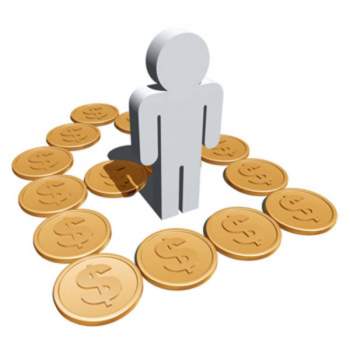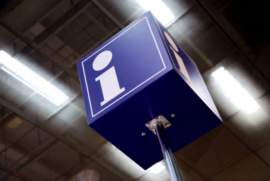
Primary Liability At A Glance

Primary Negotiable Instrument Signature
Primary liability is the most severe type of liability, as it requires the liable makers, issuers, or acceptors to pay off the negotiable instrument with very few options for recourse. Should the makers, issuers, or acceptors held primarily liable fail to pay for the negotiable instrument, then they are said to have dishonored that instrument. This dishonoring of a negotiable instrument is based on the refusal of payment at legitimate presentation of the negotiable instrument, be it a promissory note or a draft.
The next step in the procedure would be to send the makers or issuers of such dishonored negotiable instruments a notice of dishonor such that they would be informed of the dishonoring of the instrument. Without such a notice, they cannot be held liable for the dishonoring of the instrument.
There are some actions which might, at first glance, appear to be indicative of violations of primary liability, but these actions are actually defensible for the makers, issuers, and acceptors of instruments that perform such actions. A reasonable amount of delay in payment, for instance, would not be construed as a violation of primary liability as long as it is clear that payment is forthcoming.
Furthermore, demanding that the holder present proper identification or that the holder will attach his or her signature to the instrument or a receipt for the instrument is also acceptable. Rejecting an instrument which does not have proper endorsement is also acceptable so long as that instrument is sent back to the party attempting to turn the instrument in.
Primary liability as a term refers to the fact that any holder of a negotiable instrument seeking payment on that instrument must first seek it from the party with primary liability. For an accepted check, for instance, the primarily liable party is the bank and not the maker or issuer of the check. As such, the holder would have to go to the bank to seek payment first.
Only if the primarily liable party cannot pay for the instrument can the holder attempt to make a demand against a secondarily liable party, such as the makers or issuers of checks.
NEXT: What is Secondary Signature Liability?





















